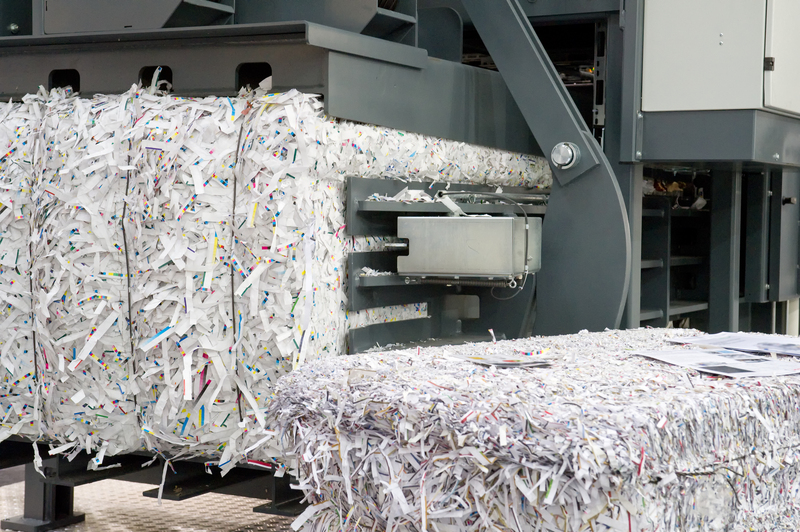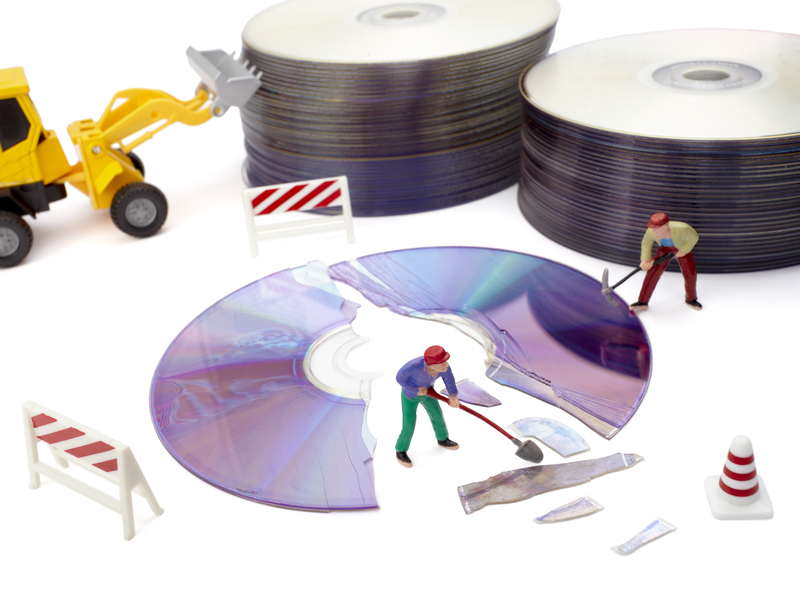Comprehensive Guide to Commercial Waste Management in Shoreditch

Managing commercial waste in Shoreditch is essential for businesses looking to maintain cleanliness, comply with regulations, and contribute to environmental sustainability. Shoreditch, known for its vibrant business community and bustling streets, generates a significant amount of waste daily. Effective waste management not only ensures a safer and more appealing environment but also helps businesses reduce costs and improve their reputation.
In this article, we will explore the various aspects of commercial waste disposal Shoreditch, including the types of waste generated, best practices for waste management, and the benefits of hiring professional waste services. Whether you're a small startup or a large corporation, understanding and implementing proper waste management strategies is crucial for your success.
Proper disposal of commercial waste Shoreditch involves segregating waste, recycling materials, and ensuring that hazardous waste is handled safely. Businesses must stay informed about local regulations and waste disposal guidelines to avoid fines and penalties. By adopting sustainable practices, companies can not only comply with legal requirements but also demonstrate their commitment to the community and the environment.

Types of Commercial Waste in Shoreditch
Commercial waste in Shoreditch can be categorized into several types, each requiring specific handling and disposal methods. Understanding these categories is the first step towards effective waste management.
- General Waste: This includes non-recyclable materials such as food scraps, paper towels, and other everyday items that cannot be reused or recycled.
- Recyclable Waste: Items like paper, cardboard, glass, metals, and certain plastics that can be processed and reused in manufacturing new products.
- Hazardous Waste: Waste that poses potential risks to health or the environment, including chemicals, batteries, electronic waste, and medical waste.
- Electronic Waste (E-waste): Discarded electronic devices such as computers, printers, and mobile phones that require specialized recycling processes.
Each type of waste requires a tailored approach to ensure safe and efficient disposal. For instance, hazardous waste must be handled by trained professionals to prevent contamination and health hazards, while recyclable materials should be sorted and processed to minimize environmental impact.

Best Practices for Commercial Waste Management
Implementing effective waste management practices in Shoreditch can lead to significant benefits for businesses, including cost savings, improved efficiency, and enhanced corporate image.
1. Waste Audit and Assessment
Conducting a comprehensive waste audit helps businesses understand the quantity and types of waste they generate. This assessment identifies areas where waste can be reduced, recycled, or properly disposed of, enabling companies to develop targeted waste management strategies.
2. Segregation and Recycling
Proper segregation of waste is crucial for maximizing recycling efforts. Businesses should establish designated areas for different types of waste and ensure that employees are trained in effective segregation techniques. Partnering with local recycling facilities can further enhance recycling rates and reduce overall waste.
3. Partnering with Professional Waste Services
Hiring professional commercial waste disposal Shoreditch services ensures that waste is managed in compliance with local regulations. These services offer tailored solutions, including regular collection, recycling, and safe disposal of hazardous materials, allowing businesses to focus on their core operations.

Benefits of Professional Waste Management Services
Engaging professional waste management services offers numerous advantages for businesses in Shoreditch:
- Compliance: Ensures adherence to local waste disposal regulations, avoiding fines and legal issues.
- Efficiency: Streamlines waste collection and disposal processes, saving time and resources.
- Environmental Responsibility: Promotes sustainable practices through recycling and proper disposal of hazardous waste.
- Cost Savings: Reduces waste management expenses by optimizing collection schedules and minimizing landfill fees.
Furthermore, professional services provide detailed reporting and analytics, helping businesses track their waste generation and identify opportunities for further improvement. This data-driven approach fosters continuous enhancement of waste management practices, contributing to long-term sustainability goals.

Implementing Sustainable Practices
Adopting sustainable waste management practices not only benefits the environment but also enhances a company's reputation and operational efficiency.
Reducing Waste Generation
One of the most effective ways to manage commercial waste is to minimize its generation. Businesses can achieve this by optimizing resource usage, implementing paperless processes, and encouraging employees to adopt sustainable habits. Reducing waste at the source leads to lower disposal costs and a smaller environmental footprint.
Recycling and Reuse
Recycling materials such as paper, plastic, and metal helps conserve natural resources and reduces the demand for raw materials. Additionally, reusing items like office supplies and packaging materials can extend their lifecycle and decrease overall waste production. Establishing a robust recycling program demonstrates a company's commitment to sustainability and can inspire others to follow suit.
Energy-Efficient Waste Management
Incorporating energy-efficient technologies in waste management processes can further enhance sustainability efforts. For example, using electric or hybrid waste collection vehicles reduces greenhouse gas emissions, while adopting advanced sorting systems improves recycling rates. Investing in green technologies not only supports environmental goals but can also result in long-term cost savings.
Challenges in Commercial Waste Management
Despite the benefits, managing commercial waste in Shoreditch comes with its own set of challenges. Understanding these obstacles is essential for developing effective strategies to overcome them.
Regulatory Compliance
Staying compliant with ever-changing waste disposal regulations can be challenging for businesses. It requires continuous monitoring of local laws and adapting waste management practices accordingly. Non-compliance can lead to hefty fines and damage to a company's reputation.
Cost Management
Effective waste management often involves upfront costs, such as investing in recycling equipment or hiring professional services. Balancing these expenses with budget constraints can be difficult, especially for small businesses. However, the long-term savings and environmental benefits typically outweigh the initial investments.
Employee Engagement
Engaging employees in waste management initiatives is crucial for their success. It can be challenging to ensure that all staff members consistently follow waste segregation and recycling protocols. Providing regular training and fostering a culture of sustainability can help mitigate this issue.

Future Trends in Commercial Waste Management
The landscape of commercial waste management Shoreditch is continuously evolving, driven by advancements in technology and increasing environmental awareness.
Smart Waste Management Systems
The integration of IoT and smart technologies in waste management is revolutionizing how businesses handle their waste. Smart bins equipped with sensors can monitor waste levels in real-time, optimizing collection routes and reducing operational costs. These systems provide valuable data that can be used to improve waste management strategies further.
Advanced Recycling Technologies
Innovative recycling technologies are making it easier to process complex materials and reduce the volume of waste sent to landfills. Techniques such as chemical recycling and automated sorting systems enhance the efficiency and effectiveness of recycling programs, contributing to a more sustainable waste management ecosystem.
Circular Economy Models
The shift towards a circular economy emphasizes the reuse and recycling of materials to create a closed-loop system. Businesses are increasingly adopting circular economy principles, designing products and processes that minimize waste and maximize resource efficiency. This approach not only benefits the environment but also drives innovation and economic growth.

Conclusion
Effective commercial waste Shoreditch management is indispensable for businesses aiming to thrive in a competitive and environmentally conscious market. By understanding the types of waste generated, implementing best practices, and leveraging professional waste management services, companies can achieve significant benefits, including cost savings, regulatory compliance, and enhanced sustainability.
As the industry continues to evolve, staying informed about the latest trends and technologies will be crucial for maintaining efficient and responsible waste management practices. Embracing sustainability not only supports the community and environment but also positions businesses for long-term success in an increasingly eco-aware world.








